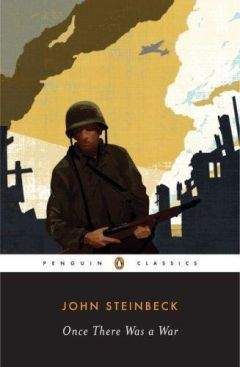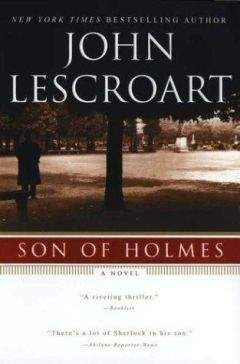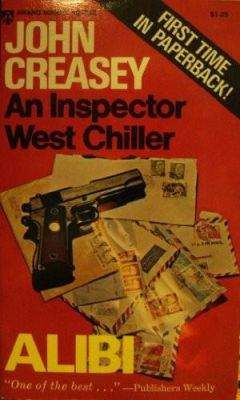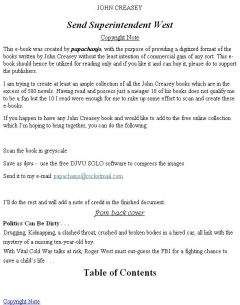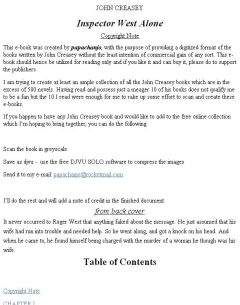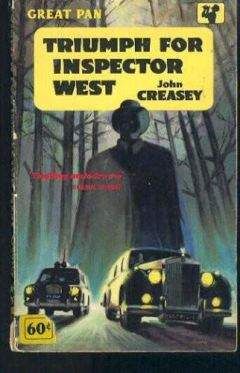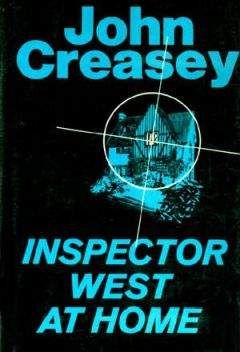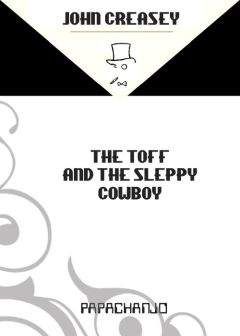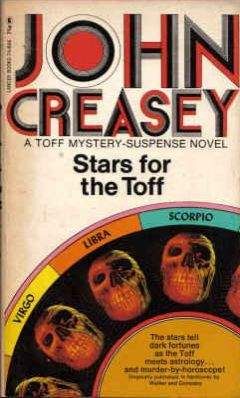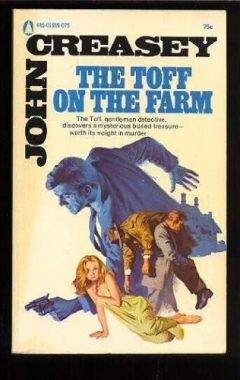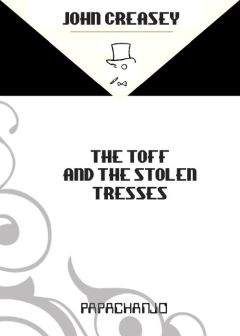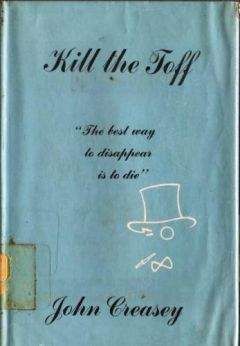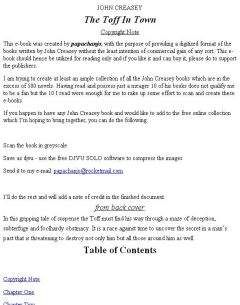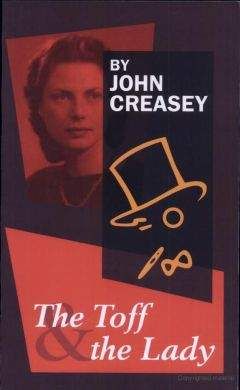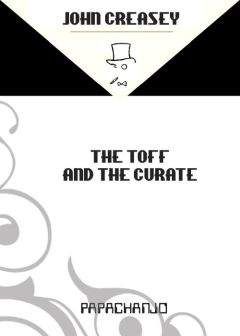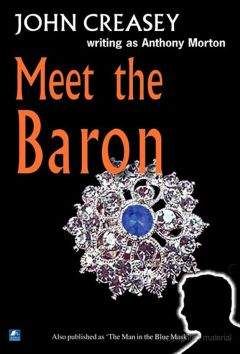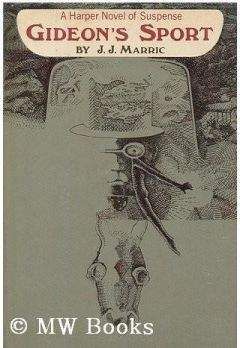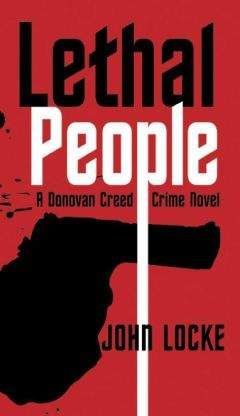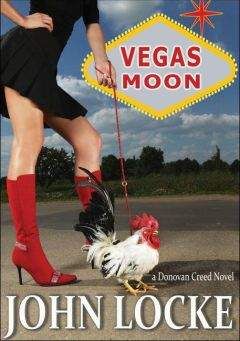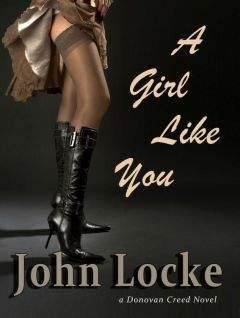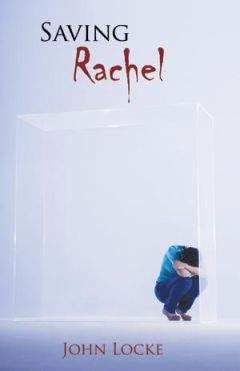John Creasey - The Toff and the Fallen Angels
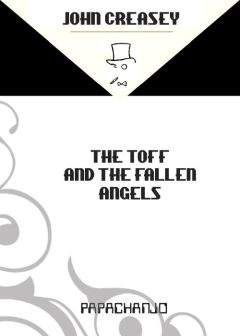
Скачивание начинается... Если скачивание не началось автоматически, пожалуйста нажмите на эту ссылку.
Жалоба
Напишите нам, и мы в срочном порядке примем меры.
Описание книги "The Toff and the Fallen Angels"
Описание и краткое содержание "The Toff and the Fallen Angels" читать бесплатно онлайн.
JOHN CREASEY
The Toff and the Fallen Angels
Copyright Note
This e-book was created by papachanjo, with the purpose of providing a digitized format of the books written by John Creasey without the least intention of commercial gain of any sort. This e-book should hence be utilized for reading only and if you like it and can buy it, please do to support the publishers.
This book was scanned by a friend in America along with others.
I am trying to create at least an ample collection of all the John Creasey books which are in the excess of 500 novels. Having read and possess just a meager 10 of his books does not qualify me to be a fan but the 10 I read were enough for me to rake up some effort to scan and create these e-books.
If you happen to have any John Creasey book and would like to add to the free online collection which I’m hoping to bring together, you can do the following:
Scan the book in greyscale
Save as djvu — use the free DJVU SOLO software to compress the images
Send it to my e-mail: papachanjo@rocketmail.com
I’ll do the rest and will add a note of credit in the finished document.
from back cover
There was a sudden click from the porch, as of a door being opened. The man seemed to square his shoulders, and to raise his right arm. Now at last Rollison could see that he carried something heavy, it looked like a bricklayer’s hammer with its massive steel head.
The door opened; brighter light shone but did not fall upon the waiting man. Rollison placed a hand on the wall, ready to vault over, quite sure that he could forestall any attack. He saw the shadow of a woman thrown by the light in the hall, then heard the door slam and the light was dim again.
Naomi Smith stepped from the porch on to the path.
The waiting man raised the weapon in his hand, and leapt forward.
And as he leapt and as Naomi cried out in alarm, the Toff vaulted over the wall and called in a sharp voice of command:
“Keep still! Don’t move!”
Table of Contents
Copyright Note
Chapter 1
Chapter 2
Chapter 3
Chapter 4
Chapter 5
Chapter 6
Chapter 7
Chapter 8
Chapter 9
Chapter 10
Chapter 11
Chapter 12
Chapter 13
Chapter 14
Chapter 15
Chapter 16
Chapter 17
Chapter 18
Chapter 19
Chapter 20
CHAPTER 1
Home Truths For The Toff
IT was a day when the Honourable Richard Rollison, known to so many as the Toff, was happy and content. Contemplating this state of near-euphoria as he sat in a comfortable armchair and looked idly at his Trophy Wall, he was puzzled. He had no right, he felt, to be as happy as he was; nor had he any special reason.
And yet he was in a mood when his heart was positively buoyant.
The world was in its constant state of fear and threat of bomb-blast, and the politicians who called themselves statesmen appeared no less impotent, and no nearer the use of reason.
The nation was in its constant state of tightening its belt and grinning, whatever new privation was thrust upon it.
The youth of the nation was under the usual, periodic charge of irresponsibility, the more mature critics virtuously recalling their own young days, which time and nostalgia appeared to have set in a permanent state of industry and innocence.
Taxation, especially for the Toff, who after some lean years was once again a man of major substance, was very heavy.
Yet he survived.
And the world survived.
And in Britain, most people lived reasonably well; the super-markets were full, the betting shops were busy and the football fans were about to put away their rattles, their team-colours, their scarves and their woollen hats, for this was the merry month of May.
Spring.
Suddenly Rollison laughed—a low-pitched chuckle of sound reflecting his good humour.
“And it isn’t even love !” he murmured.
As he spoke, the door which led from the domestic quarters of his flat in London’s Mayfair, opened, and Rollison’s man-of-all-work appeared. His name was Jolly. He had served the Toff for so long that he had reached the stage of being more counsellor and friend than servant. There were some who regarded a gentleman’s gentleman in this age of pop and do-it-yourself as an anachronism—as conceivably Jolly was. Indeed, he looked it, a man of medium height and doleful countenance, his sagging jowl hung in dignified abandon over a winged collar and a grey cravat. For the rest, he was dressed with impeccable restraint in a black jacket and striped trousers.
He carried coffee on a silver tray.
“Did you say something, sir?” he asked, putting the tray down on a low table near the chair.
“I said,” said Rollison, “that I am happily out of love, and completely fancy free.”
“If I might say so, a pointer, sir,” remarked Jolly.
“Oh, is it?” Rollison looked surprised. “And to what does it point?”
“It suggests the oncoming of—er—of—er—” Jolly, for once, was suddenly embarrassed and with remarkable presence of mind he moved back. “I think I hear someone knocking, sir. Will you excuse me.” Swift and silent, he reached the door.
“Dolly,” called Rollison sternly.
“Sir?”
“There is no-one knocking. You were going to say that my mood of contentment suggested the final oncoming of maturity, were you not?”
Jolly looked at him judicially. “Well, sir, it is to be expected.”
“Do I look my age?” demanded Rollison.
“But you are not old, sir!”
“That is a contradiction,” stated Rollison.
“In no way, sir. When I suggested that your—ah-maturer years made it possible for you to be content without any—ah—romantic interludes, I did not mean that you were—ah—”
“Incapable,” said Rollison drily. “Or even impotent.”
“Indeed no, sir!”
“Jolly.”
“Sir.”
“Since you are in a mood to be devastatingly honest and I am in a mood to listen, tell me this : am I less attractive to women than I was? Or are women less attractive to me?”
Jolly hesitated, considered, then moved forward to pour out the coffee. As he handed a cup to Rollison he spoke again, as one stepping on very delicate ground. “I think the truth is, sir, that you are more selective than in times past.”
“Ah. More choosey, you mean.”
“That is a more colloquial way of putting it, sir.”
“Yes, I suppose so. I had imagined that I had always been reasonably selective.”
“As indeed you have, sir,” said Jolly, earnestly. “I am not expressing myself at all well this morning. What I mean is—” again he hesitated, and actually glanced upward as if hoping desperately for a celestial interruption. “What I mean is—”
“What do you mean?” demanded Rollison, obviously not disposed to let his man off the hook. His expression was one of mild amusement, and his well-shaped lips were sardonically curved. He was handsome, with dark hair showing only a few flecks of grey; dark, well-marked eyebrows, dark eyelashes which threw the brilliance of his grey eyes into impressive relief. He was sitting back, relaxed, without a spare ounce of flesh, and obviously as fit as a fiiddle. The tan of a brief holiday in the Swiss Alps still bronzed his face. He looked as if, when standing, he would be both tall and lean; as in fact, he was.
“What I mean, sir,” went on Jolly with great precision, “is that you have always demanded beauty and a quick wit, but recently you have not found these alone as satisfying as they once were.”
“Not bad,” agreed Rollison, smiling more approvingly. “I’ll settle for that.”
Jolly lost no time in withdrawing, and Rollison sipped the hot coffee, looking again at the Trophy Wall. He knew it was absurd and there was no reason for it, but he no longer felt that state of glowing contentment. His mood had changed to one of misgiving; the lightness of heart had been replaced by a sense of uneasiness, almost of burden. It was absurd ! He finished his coffee and stood up, approaching the wall behind the large, pedestal-topped desk, and looked at trophy after trophy, almost as if he were seeking in each some memory which would bring back the mood he had just lost.
Or which Jolly had taken from him.
It couldn’t be—surely it couldn’t be—that he was conscious of his age? What man in his middle—well, just passed the middle-forties could feel that? He had never been fitter. “Prime of life’ was not an empty phrase but simply one of fact.
Could he do, today, what he had done in the days long past?
There was the top hat with a hole through it—he would have been dead had he not ducked in time. He could certainly duck as quickly today. There was an old hob-nail boot, one of his earliest trophies; to win that, he had fought off four men and hardly given the danger a thought—he would not relish the same odds today.
But he could face them, surely.
There was the curate’s collar and the chicken feather, the phial of poison and the bicycle chain, the nylon stocking and the palm pistol, the dagger and the sword-stick. Each trophy—and there were fifty in all—was from a struggle against a criminal which he, the Toff, had won. All had brought danger, while in more than half the encounters he had been within an ace of death.
And in almost every case there had been a woman, young, middle-aged, or even old, who had attracted him and been attracted by him. To this day, he could not really understand why he had never married, why, for one reason or another, he had never—since the days of his incautious youth—proposed to a woman.
Yet he had known so many.
He believed—certainly he hoped—that all of them remembered their association with him with no regret at all.
He—
The telephone on the desk rang.
“And in time, too,” he said aloud. “I’m becoming positively maudlin.” He lifted the receiver. “This is Richard Rollison.”
“Good morning, Mr. Rollison,” said a woman with a most attractive voice. “You won’t know me. Though I have written to you. I would very much like to talk things over with you personally! May I?”
He said, without any noticeable hesitation. “Is it an urgent matter?”
“I think it might be.”
“Then in half-an-hour’s time?” suggested Rollison. “Or else this afternoon.”
“I’m at the Mayfair Hotel,” the woman said. “And in half-an-hour would suit me splendidly. Thank you.” And just when he thought she would ring off without introducing herself, she went on : “My name is Smith. Naomi Smith.”
Smith, mused Rollison as he put down the receiver; Smith, Jones, Robinson or Brown, what did it matter? One assumed name was as effective as another. Naomi was not likely to be assumed, however. That had a ring of authenticity.
He moved towards the kitchen. The door which led to it was closed, suggesting that Jolly was preparing a lunch which would send an aroma into the flat if the door were open, so he closed it behind him, and tip-toed towards the kitchen, passing the main bathroom door on one side and the spare bedroom door on the other. Beyond these was his room; and further beyond was a passage leading to Jolly’s room and the kitchen.
This door, too, was closed.
“Onions,” hazarded the Toff, as he turned the handle.
Lo! Onions were, indeed, frying, and giving off a splendid aroma. “Splendid’—the woman on the telephone had said—”Splendidly’, a rather unusual word in those particular circumstances. “Very well’ would have been more appropriate.
Jolly was at the wall-table, and there were traces of mince, potatoes, tomatoes and egg on a chopping board in front of him.
“Cottage pie,” announced Rollison.
Jolly started and turned his head.
“I—yes, that’s right, sir.”
“Enough for three?” asked Rollison.
“Plenty, sir.”
“Be half-prepared,” advised Rollison. “I had a tele-phone call from a woman stranger who will be here just after twelve, and if she measures up to those new standards you credit me with, she may be persuaded to stay to lunch.”
“Very good, sir,” Jolly said. “I wonder—”
“Yes?”
“I’ve been thinking, sir.” Jolly went on, turning the shredded onions over with a wooden fork, “that you have had a very pleasant spell of inactivity—comparative inactivity. You won’t commit yourself to any course of action simply for the sake of having something to do, will you?”
“I hope not,” replied Rollison. “Do you think I might?”
“I have known you feel that the moment has come to—ah—seek pastures new,” Jolly said. “If you will forgive the expression. May I ask whether the caller said what she wished to see you about?”
“No,” said Rollison.
“In that case, sir,” said Jolly. “I ask you most earnestly not to act precipitately.”
“I will ponder profoundly before taking any action whatever,” promised Rollison. “I might even consult you.”
“Thank you, sir,” said Jolly, solemnly.
Rollison went out, closing the door meekly behind him. He went into his bedroom, off which a small bathroom led, and peered at himself in the mirror, then gave a broad grin, showing his very white teeth.
“That’s right, preen yourself,” he jeered.
He went back to the Trophy Wall, but did not spend much more time at it. The past had lost its nostalgic appeal and he was ready for tomorrow. Jolly was right in one way, at least—he hadn’t been very active for a long time.
He wondered what Naomi Smith would be like. There was no reason, except the sound of her voice, why he should be looking forward to seeing her, but he was. He wrote three letters, to the secretaries of committees on which he served, including a London Branch of the Prisoners.” Aid Society, and was sealing the last when the front door bell rang.
It was thirty-one minutes since Naomi Smith had telephoned.
He got up from the desk and waited for Jolly—it would be unkind to open the door himself, and rob Jolly of a chance of appraising the caller. From where he stood, the door leading to the domestic quarters was on the right, the door leading to a wide hall and the front door was on the left.
“Good afternoon,” said Jolly.
“Good afternoon.” The pleasing voice was unmistakable. “Mr. Rollison is expecting me—I am Mrs. Smith.”
“Yes, Madam,” said Jolly, “please come this way.” There was the closing of the door, footsteps muffled by the carpet, and then Jolly appeared and stood aside, announcing:
“Mrs. Smith, sir.”
Rollison moved towards the woman as she came in—and was almost shocked, for she was one of the plainest-looking women he had ever seen; her only redeeming feature, at first sight, were her fine, chestnut-brown eyes.
Подписывайтесь на наши страницы в социальных сетях.
Будьте в курсе последних книжных новинок, комментируйте, обсуждайте. Мы ждём Вас!
Похожие книги на "The Toff and the Fallen Angels"
Книги похожие на "The Toff and the Fallen Angels" читать онлайн или скачать бесплатно полные версии.
Мы рекомендуем Вам зарегистрироваться либо войти на сайт под своим именем.
Отзывы о "John Creasey - The Toff and the Fallen Angels"
Отзывы читателей о книге "The Toff and the Fallen Angels", комментарии и мнения людей о произведении.






